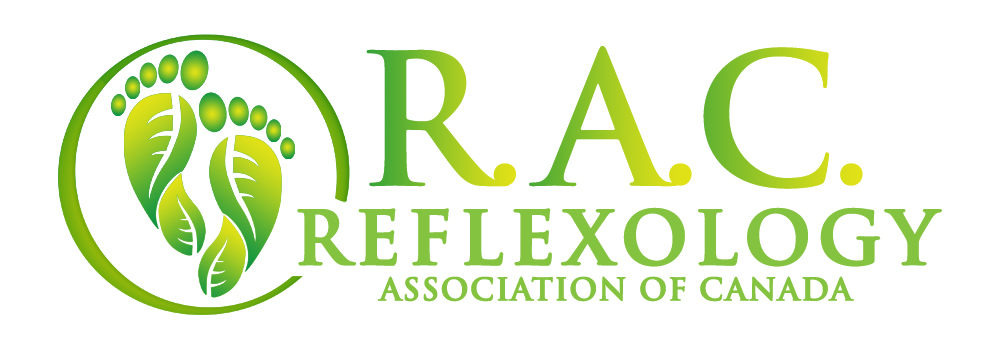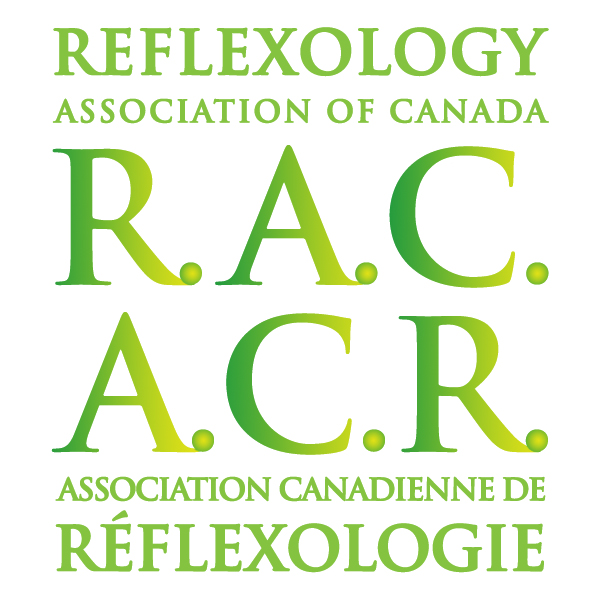Click on the button below to download our national Standards of Practice.
Standards of Practice
Standards of Practice
Introduction
The Reflexology Association of Canada has developed Standards of Practice to:
• Promote the integrity and responsibility in the professional practice of Reflexology;
• Show a commitment to the protection of the public through use of these standards;
• Uphold and further the cause of the profession of Reflexology and the Reflexology Association of Canada.
The RAC Standards of Practice for Reflexology Therapists have been developed with the intention to be generic and to describe the outcomes of the various practices that a Professional Reflexology Therapist may be required to perform within the scope of practice.
The RAC Standards of Practice serve as a reference tool for:
• Reflexology Therapists to better understand their practice guidelines;
• Curriculum design for reflexology educators in Canada and abroad;
• Registration of Reflexology Therapists;
• Complaints and disciplinary investigations;
• Eligibility to practice;
• Quality assurance;
• Client relations; and
• The public for which to assess the quality of practice.
The Standards of Practice will evolve as changes in the practice evolve.
Standard of Professional Practice
The Professional Reflexology Therapist shall, in relation to:
I To The Profession
- Work within their communities towards understanding and acceptance of reflexology as a viable health service and its benefits.
- Abide by all federal, provincial and municipal laws governing the practice of reflexology and support the repeal and/or revision of laws detrimental to the practice of reflexology.
- Respect all health care practitioners who operate ethically and help them in their understanding of what reflexology is. Work amicably with these practitioners to promote health and natural healing.
- Work within the Scope of Practice for the profession and practice only within the limits of their professional training and competency. No unqualified advice should be given.
II To The Association
- Not use or exploit the Association for personal gain or benefit financial or otherwise, self-promotion or publicity, or as a basis for advancing or espousing any beliefs which are contrary to the aims and objectives of the Association, or are in conflict with the RAC Code of Conduct and Ethics, financial or otherwise.
- Not seek to attract business unfairly or unprofessionally or in any way which would discredit the reputation of the Association or Reflexology.
- Not speak or write disrespectfully of the Association or fellow members, Reflexology Therapists, or otherwise.
- Be responsible for continuing their personal and professional development by updating their training and conferring with colleagues with a view to increasing their knowledge and awareness.
- Report research findings and clinical experience methodically and honestly and to Association standards and guidelines. Speculative theories should be plainly described and clearly defined as such.
- Submit themselves to appropriate action if they:
Are convicted of a crime related to their profession as a Reflexology Therapist or Health Care Professional;
Continue to practice when they are no longer competent to do so due to physical, mental, or emotional impairment and/or from the abuse of alcohol or other substances;
Fail to cooperate with the Association at any point from the beginning of a complaint deemed valid by the Association through the completion of all proceedings with regards to that complaint.
III To The Clients
- Obtain written or verbal consent from a client before videotaping, audio recording or permitting a third party observation.
- Provide services with compassion, respect, honesty and integrity and recognize the responsibility they have towards a client at all times.
- Ascertain the client’s expectations prior to the first session and clarify any misconceptions or misunderstandings.
- Make clear their individual statement and policies regarding scheduling, fees and structure. These statements and policies should conform to accepted professional practices and be made available to the client at the time of the first appointment.
- If a member practices other therapies for which they are qualified it should be made clear to the client that they form no part of a Reflexology treatment.
- Treatment of a client shall be holistic in nature.
- A member who suspects that a client is affected by any condition and/or is unsure of the condition medical or otherwise should advise the client to consult their medical practitioner.
IV To The Public
- Advertising shall not contain any claim to diagnose, cure or treat for a specific medical condition through reflexology.
- Act in the public’s interest when health care and safety are affected by an incompetent, unethical or illegally practicing Reflexology Therapist.
- Communicate with the public in a truthful and accurate manner. They must not use false, inaccurate, or misleading information through personal statements, testimonials, and any type of graphic representation, or identification with any professional organization. Any claims must be verifiable.
- Not use any initials after their name that would convey the false impression of advanced degrees or training. Any credentials or training must be verifiable.







